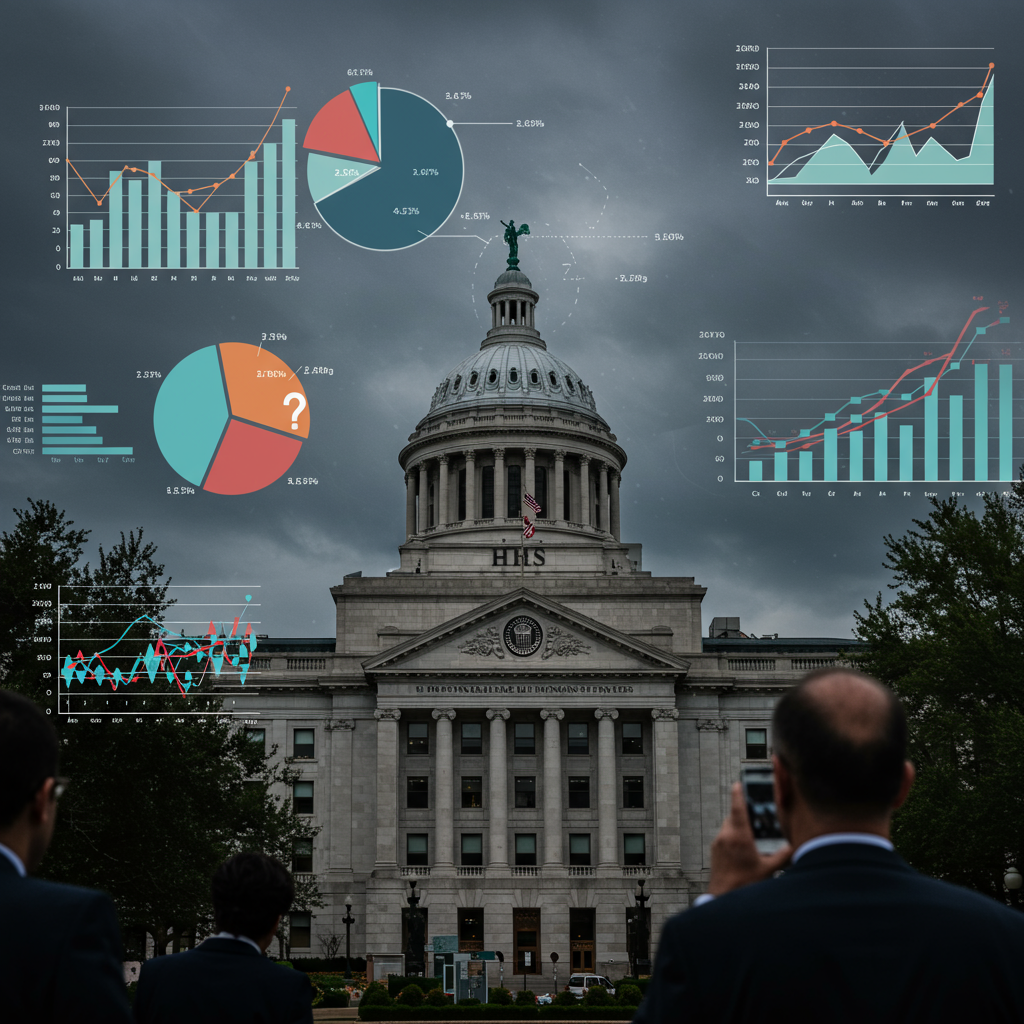The U.S. Department of Health and Human Services (HHS) is facing renewed scrutiny over allegations of presenting non-existent or misleading scientific research. This marks another concerning instance in what critics describe as an alarming pattern potentially undermining public trust in federal health guidance.
The latest controversy centers around a presentation prepared for a meeting of the Centers for Disease Control and Prevention’s (CDC) Advisory Committee on Immunization Practices (ACIP). Vaccine advisers reportedly included a claim citing an animal study that supposedly found a vaccine preservative could have “long-term consequences in the brain.”
The presentation specifically referenced a 2008 study in the journal Neurotoxicology by ‘Berman RF, et al.,’ titled ‘Low-level neonatal thimerosal exposure: Long-term consequences in the brain.’ It claimed results from research in newborn rats suggested long-term ‘neuroimmune effects’ linked to the vaccine preservative thimerosal.
However, reports quickly emerged questioning the existence of this research. Dr. Robert F. Berman, a professor emeritus at the University of California Davis and the listed author (‘Berman RF’), reportedly told CNN that, to his knowledge, the research referenced in the presentation “does not exist.”
The presentation is scheduled to be delivered by Lyn Redwood, identified as a former leader of Children’s Health Defense, an anti-vaccine organization co-founded by Robert F. Kennedy Jr., who now serves as the Secretary of Health and Human Services.
A Troubling Pattern Emerges
This is not the first time HHS, particularly under its current leadership, has faced accusations of relying on questionable or fabricated science in its communications.
Just about a month prior, Donald Trump and Secretary Robert F. Kennedy Jr. unveiled “The MAHA Report: Making Our Children Healthy Again.” This report immediately drew sharp criticism from scientific and journalistic circles.
The Washington Post reported that some of the report’s suggestions “stretched the limits of science” and included “misleading representations” of scientific research.
A subsequent report by NOTUS highlighted that the MAHA document not only “misinterprets some studies” but also “cites others that don’t exist,” according to the very authors supposedly listed in the report.
The New York Times further identified “additional faulty references” in the document, noting instances where the authors pointed to “fictitious studies.”
Adding to the concern, reports indicated that even after HHS officials reportedly removed some of the identified false information from the MAHA Report, they allegedly added new* false information.
More recently, NPR reported on a separate HHS document sent to Congress. According to the report, this document cited “scientific studies that are unpublished or under dispute and mischaracterizes others.” One health expert quoted in the NPR report went on record to label the document as “willful medical disinformation” regarding the safety of vaccines.
Undermining Public Trust
The recurring instances of federal health officials presenting information based on nonexistent, disputed, or mischaracterized research raise serious questions about the integrity of information coming from the U.S. Department of Health and Human Services.
Physicians, researchers, international public health agencies, and the public at large around the world rely heavily on accurate, credible data and guidance from U.S. federal health bodies. This pattern of allegations makes that reliance increasingly difficult and poses a significant challenge to maintaining trust in essential public health information.


